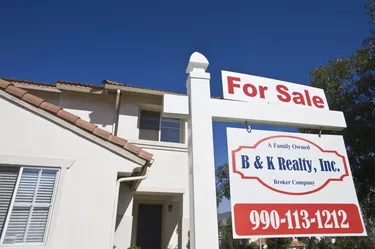
When they take place through the court system, evictions become a matter of public record. Because evictions usually follow a series of late payments that require the landlord to escalate collection action, an eviction that took place in one state likely will show up when a prospective landlord in another state conducts a background check.
Evidence Hard to Hide
Video of the Day
The eviction itself doesn't appear on your credit report except perhaps in the public records area, where judgments against you are noted. As a result, any prospective landlord who just screens candidates by pulling your credit report may miss it. However, many landlords conduct more extensive background checks on prospective tenants or outsource such activities to third parties that conduct a records search as part of their process. In addition to the civil judgment record, evidence of serious delinquency would appear if the account for the payments owed was referred to a collection agency.
Video of the Day
Filings and Judgments
Even if you never had to appear in court, or if you fought eviction proceedings and won, the filing of a lawsuit seeking eviction remains a matter of public record that's available everywhere, not just to landlords in the state where the action took place. If you were evicted or threatened with eviction for inadequate reasons or in violation of your state's laws, you'll still have to explain what happened. Confirm that any judgments against you have been paid. Many landlords won't rent to tenants with unpaid judgments related to an eviction.